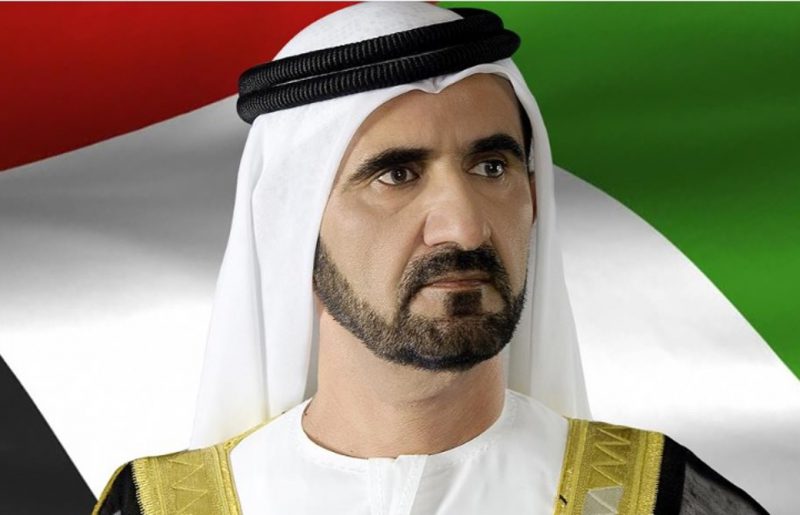The United Arab Emirates (UAE) is asking BRICS countries to settle oil trade in local currencies and not the U.S. dollar. The Middle Eastern nation is aiming to diversify its economic partnerships by renewing payment methods for oil trade deals. The UAE is approaching China, Russia, India, and Egypt, among other nations to pay local currencies for oil settlement and sideline the U.S. dollar. Read here to know how many sectors in the U.S. will be affected if BRICS stops using the dollar.
Also Read: BRICS: U.S. Dollar Dips Against Local Currencies
According to reports, the UAE is in talks with 15 countries and is promoting local currency payments ending reliance on the U.S. dollar. The realigning of bilateral strategic partnerships could lead to a paradigm shift in the financial approach of BRICS countries. Controlling the global oil sector by ending reliance on the U.S. dollar could make BRICS turn into an economic powerhouse.
Also Read: BRICS: China, Russia & India To Replace the US Dollar in Global Trade?
BRICS: UAE Convincing Other Countries To Pay Local Currency & Not U.S. Dollar For Oil


The UAE has already initiated oil trade deals in local currencies by sidelining the U.S. dollar with BRICS member India. Over 1 million barrels of oil were shipped to India by the UAE and the payment was settled in the Rupee. The oil deal was initiated in September this year and was a historic shift away from the USD.
Also Read: BRICS: De-Dollarization Gaining Steam in Developing Countries
In addition, Saudi Arabia also announced that it is open to accepting local currencies for oil shipments. The Kingdom is looking to receive both the U.S. dollar and other local currencies to diversify its reserves.
In conclusion, BRICS countries are using the oil sector as a weapon to bring the U.S. dollar down globally. Also, if many more countries begin to pay in local currencies for oil, the U.S. dollar will be badly hit. After China, the Middle East is now taking the de-dollarization initiatives forward across the world.





